Search Results
Showing results 561 to 580 of 610
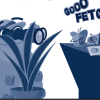
Race for Survival
Source Institutions
During this interactive "survival" game, students learn about the importance of camouflage and how it helps animals to blend into their surroundings, as either predator or prey.
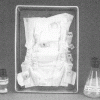
Diaper Dissection
Source Institutions
This is written as a display, but can easily be adapted to a hands-on activity. Learners discover how all the parts of a diaper work together to keep babies dry and comfortable.
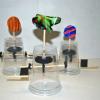
Micro Automata
Source Institutions
In this activity, learners build small animated toys that move.
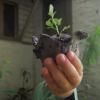
Discovery Time: Wildflowers
Source Institutions
In this activity, young learners (2 years and up) explore flower and plant biology and pollination by planting seed in a homemade seed starter.
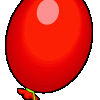
Yeast Balloons: Can biochemistry blow up a balloon?
Source Institutions
Using yeast, sugar, and water, learners create a chemical reaction which produces carbon dioxide (CO2) gas inside a 2-liter bottle. They use this gas to inflate a balloon.
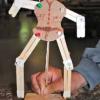
Lever Cowboy
Source Institutions
In this activity, learners build a figure that moves and "comes to life" when they pull its string.
Finding the Right Crater
Source Institutions
This quick demonstration (on page 11 of PDF) allows learners to understand why scientists think water ice could remain frozen in always-dark craters at the poles of the Moon.
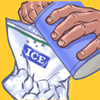
Scream for Ice Cream
Source Institutions
Don't scream for ice cream -- make it with milk, sugar, flavoring and some 'salt-water' ice. Discover the chemistry of ice cream by creating your own.
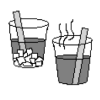
Glow Fast, Glow Slow: Alter the Rate of a Reaction!
Source Institutions
Learners investigate one factor affecting reaction rates: temperature. In a darkened room, two identical lightsticks are placed in water -- one in hot water and one in cold water.

Engineer an Aeolipile
Source Institutions
In this engineering design challenge, learners build an air-powered spinning machine.
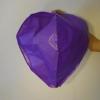
Hot Air Balloon
Source Institutions
In this activity, learners build a hot air balloon using just a few sheets of tissue paper and a hair dryer.
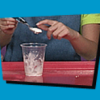
ZOOM Glue
Source Institutions
In this activity, learners mix milk, vinegar, baking soda, and water to create sticky glue. Use this activity to explain how engineers develop and evaluate new materials and products.
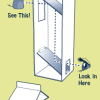
Eye Spy
Source Institutions
This fun activity uses simple materials such as milk cartons and mirrors to introduce the ideas of optics and visual perception.
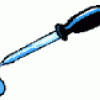
Supercooled Water Drops
Source Institutions
In this activity, learners touch supercooled water drops with an ice crystal and trigger the water drops to freeze instantly.
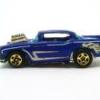
Ramp Racers
Source Institutions
In this activity about friction and gravity (page seven of the pdf), learners use toy racing cars to explore how the two forces affect the motion of objects.
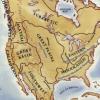
Woodlands Map
Source Institutions
This is a culminating activity which allows learners to summarize what they know about Woodlands Native Americans by creating illustrations and map symbols for a large outline map (see related Activit

Earth's Water: A Drop in Your Cup
Source Institutions
This creative lesson plan provides a visual way for learners to gain knowledge about the finite amount of fresh water on Earth and encourages the discussion of the various ways to conserve this resour
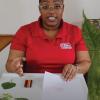
Leaf Rubbings
Source Institutions
When was the last time you took a really close look at a leaf? In this activity, learners will use leaves and simple materials to make colorful leaf rubbings.

Mars Perseverance Activity: Areology
Source Institutions
In this activity, learners take core samples of candy bars with a straw and carefully observe & excavate their sample, modeled after what the NASA Perseverance rover will do on Mars.
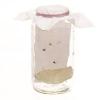
A Slice of Apple Fly
Source Institutions
In this activity, learners build an instrument for catching and observing flies. Learners act as entomologists, attract flies into a jar using a slice of apple, and then observe the flies' behavior.
